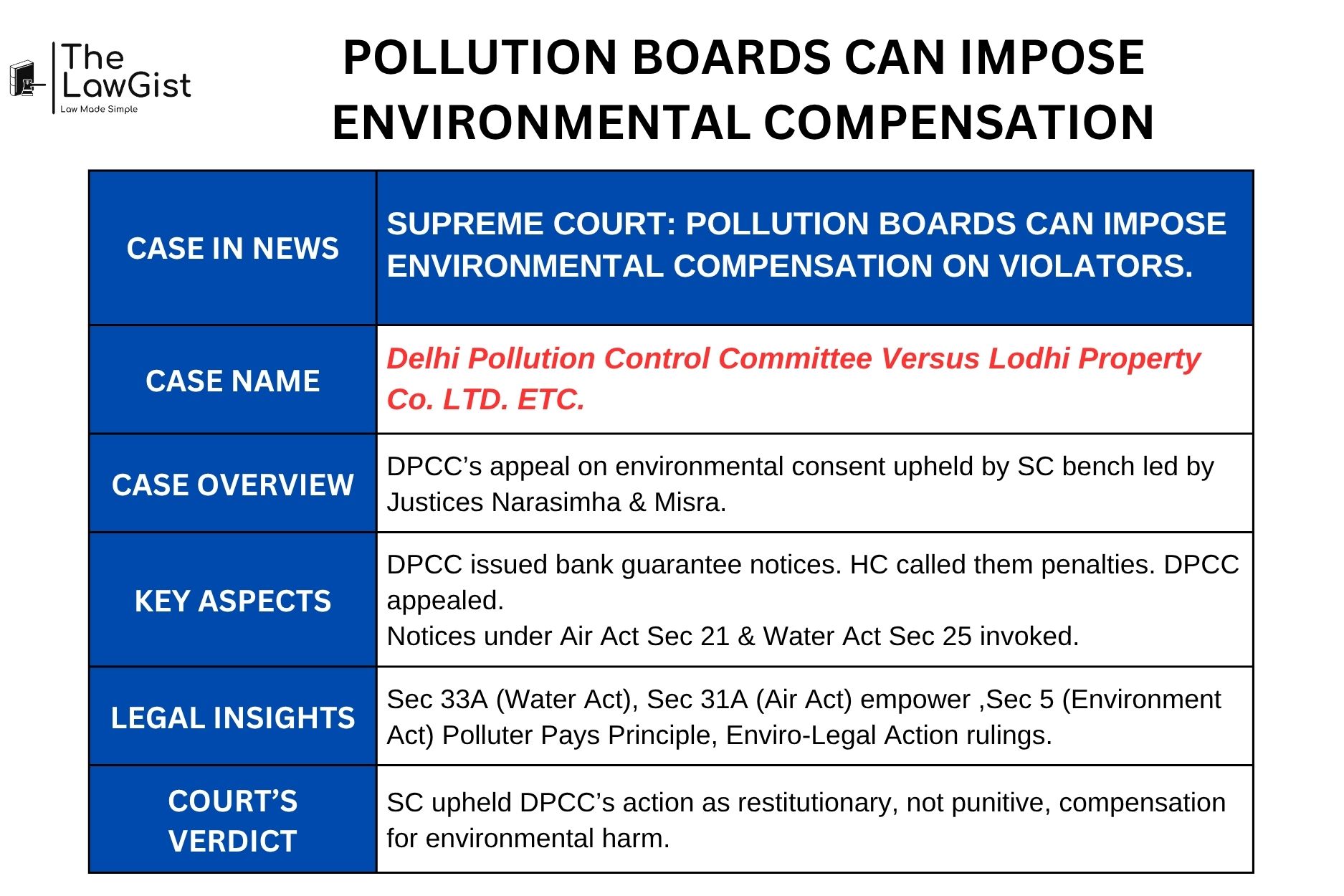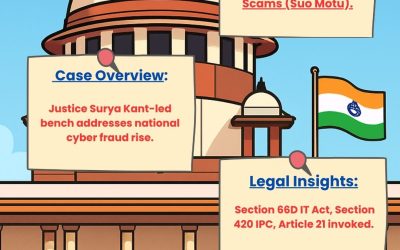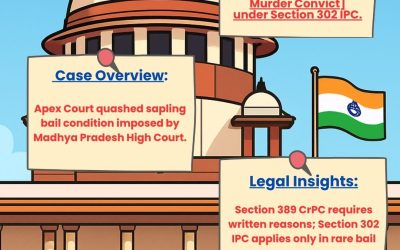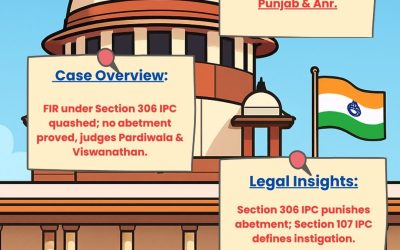
Supreme Court rules PCBs can impose compensation under Water, Air, and Environment laws for pollution control.
Case in News
Pollution boards can impose environmental compensation rules Supreme Court in DPCC appeal on Aug 4 .
Case Overview
Case Name: Delhi Pollution Control Committee Versus Lodhi Property Co. LTD. ETC.
The Supreme Court of India, on August 4, 2025, ruled that Pollution Control Boards (PCB) have the legal authority to impose Environmental Compensation on erring entities . The case was heard by a bench comprising Justice PS Narasimha and Justice Manoj Misra arising from a challenge to a 2012 Delhi High Court decision . The matter involved notices issued by the Delhi Pollution Control Committee (DPCC) to entities like Lodhi Property Co. Ltd. for operating without required environmental consents . The DPCC sought monetary compensation and bank guarantees which the High Court deemed unauthorized .
Key Aspects
The Court evaluated the factual background to assess whether the compensation demands were within statutory bounds . The dispute centered on whether Pollution Control Boards could demand money as a condition for granting environmental clearance .
- DPCC had issued notices to commercial/residential units for operating without valid consent .
- These notices demanded bank guarantees and fixed environmental compensation .
- The 2012 High Court judgment held such demands to be unauthorized penal actions .
- The DPCC appealed the decision, arguing that these actions were preventive and remedial, not punitive .
Legal Insights
The Court relied on relevant environmental statutes and landmark precedents to clarify the scope of powers under Indian environmental law . It emphasized that PCBs are not imposing fines, but exercising lawful restitutionary authority .
- Section 33A of the Water (Prevention and Control of Pollution) Act, 1974 authorizes State Boards to issue directions including for closure and regulation of industries .
- Section 31A of the Air (Prevention and Control of Pollution) Act, 1981 grants identical powers for air pollution control .
- Section 5 of the Environment (Protection) Act, 1986 The Court equated these powers and allows the Central Government to issue binding directions including financial measures .
- Polluter Pays Principle, recognized in Vellore Citizens Welfare Forum v. Union of India and Indian Council for Enviro-Legal Action v. Union of India (1996), justifies imposition of environmental compensation .
- The Court clarified that restitutionary and compensatory actions are distinct from punitive fines under Chapter VII of the Water Act and Chapter VI of the Air Act .
Court’s Verdict
Allowing the appeal, the Supreme Court of India held that Pollution Control Boards (PCB) can impose Environmental Compensation where actual or imminent environmental harm is established . The compensation is a remedial measure under statutory powers, not a criminal penalty .
Source – India Code
Read also – ENVIRONMENTAL LAW IN INDIA







